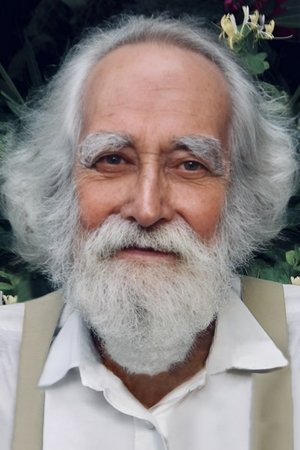Known for department
Acting
Biography
Jean-Jacques Deluz (1930-2009), is a Swiss architect and urban planner, settled in Algiers in 1956. He lived and worked there until his death in April 2009 when he will be buried there. Through his work – his constructions, his writings and his teaching – he is one of the most important figures of modern Algerian architecture. "I was born in Lausanne in 1930, on April 8, under the sign of Aries. Arrived into the world with jaundice, I scared my mother; then I was a pretty, unbearable little boy. In college, I walked on my hands and did somersaults; at the gymnasium, I discovered the symbolists and recited Mallarmé, Laforgue and Corbière. Hesitating between mathematics and architecture, I chose the latter. At the school of architecture, Alvar Aalto gives a lecture that I won't forget. 1953: year of internship in Paris, I am a tireless pedestrian there, a regular at the Cinémathèque. I meet the Peruvian Rodolfo Milla who introduces me to surrealism. I passed my diploma in January 1956 under the direction of Jean Tschumy, and I landed in Algiers which will remain, against all odds, my home base. I collaborated with the Daure et Béri architectural firm, I discovered Pouillon, then I trained in town planning at the Algiers Plan Agency with Gérald Hanning, whom I succeeded in 1959. 1962: independence. 1963: I open my architect's office and settle in rue des Bananiers; birth of my son. I meet Jean-Marie Boëglin, theater and politics. From 1964 to 1988, I taught architecture. Town planning and architecture of Algiers was published in 1988. In 1970, the poisonous Polly Hartritt settled in my joints. In 1993, after a last site visit to Constantine, I was forced to leave Algeria. In 1997, it's the return: I work with the governorate of Algiers and I project the new city of Sidi Abdellah. I paint when architecture lets me breathe: my painting is confidential, only a few friends know it. The beacons that have enlightened my navigation are, among others, Breughel le Vieux, Bosch, Carpaccio, Max Ernst, and Diderot, Jarry, Breton, and Chopin, and Murnau, Bunuel, and Aalto, Gaudi, and the Alhambra of Granada, and Gabriel's little Trianon, and... And still survive, in this society of the spectacle that is mythologized under the guise of virtuality.



 Loading More
Loading More